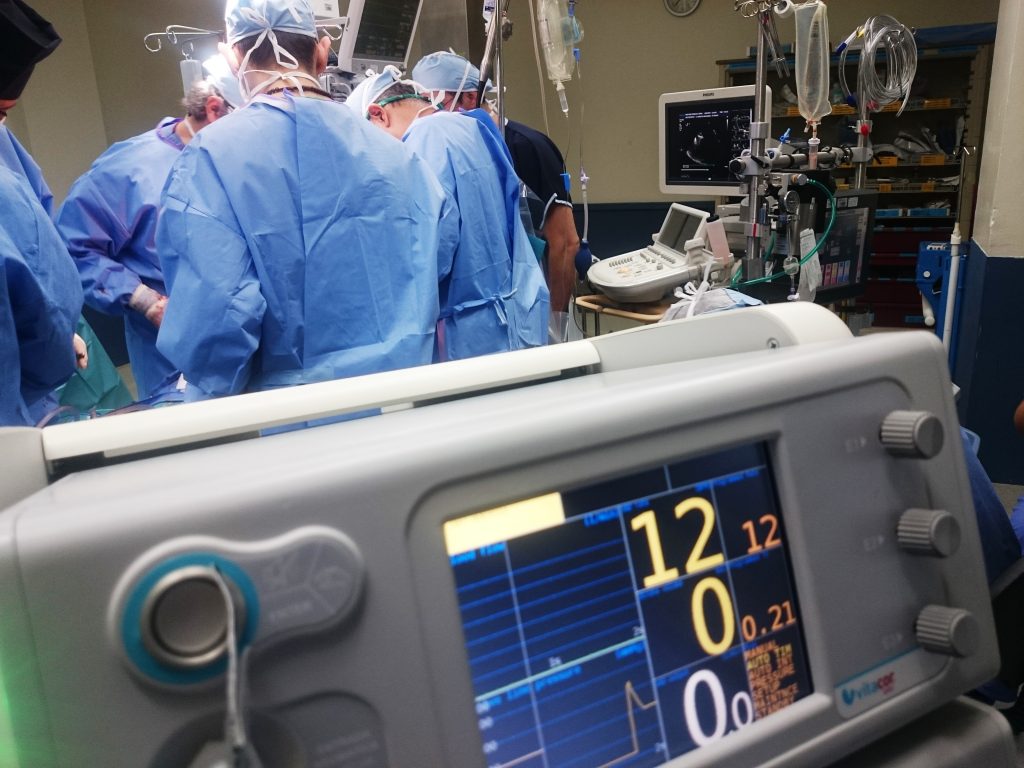Common HIPAA Violations: We Must Know. Failing to conduct structured risk assessments to identify threats for confidentiality, honesty, and access to protected health information (PHI). Failure to agree with HIPAA; unapproved PHI disclosure; delaying breaches; are the most frequent violations in HIPAA.
The Agreements enforced by the Office for Civil Rights (OCR) of the Ministry of Health and Human Services are for serious breaches of the HIPAA Laws. The goal is also that they illustrate common HIPAA breaches to raise awareness that special element of the HIPAA Regulations need to be complied with.
Common HIPAA Violations
Medical data snooping
Accessing personal health information for reasons other than those allowed under the Privacy Laws. Hence, collection, billing, and medical care are an infringement of patient confidentiality. Moreover, snooping in families, friends, employers, and celebrities’ health records is one of the workers’ most widespread violations of HIPAA. These breaches, if found, typically allow the employee involved to cease to work, but often may lead to felony charges. Financial sanctions are rare for healthcare institutions, although they are likely, as discovered by the University of California Los Angeles Health System.
They fined the Los Angeles Health System University of California $865,000 because of unlawful access to health records. Following the finding that a doctor had accessed the records of celebrities and other patients without authorization, it prosecuted the health care company.
Failure to perform a systemic risk assessment
One of the most prevalent HIPAA breaches resulting in financial penalties was the inability to execute a business risk report. However, if the risk review is not conducted routinely, it is not feasible for organizations. Whether to determine if there are any protection, credibility, and compatibility vulnerabilities to PHI. Consequently, threats would undoubtedly stay unaddressed, keeping the door open to hackers.
The HIPAA failure to execute a strategic risk evaluation for protected organisations include:
Oregon University of Health and Science – $2.7 million for the absence of a risk appraisal in the entire business.
Cardionet – $2.5 million for inadequate risk evaluation and lack of systems of risk control.
Cancer Care Company – $750,000 for failing to carry out a risk review around the sector.
Failed to handle the risk
They must carry a risk analysis out. However, it is not just a compliance checkbox object. Further, the defined risks then need to be exposed to a method of risk assessment. Instantly, must grant them a priority and resolve them within a fair amount of time. Furthermore, knowing of PHI dangers and not solving one of the most common HIPAA abuses, which the Civil Rights Office has penalized.
HIPAA responses to threats include:
Alaska Health and Social Care Agency – a liability of $1.7 million for failing to conduct risk evaluations and deficiencies in management.
Massachusetts University Amherst (UMass) – a $650,000 risk assessment breach penalty.
Metro Community Provider Network – a risk assessment deficiency liability of $400,000.
Mental Health Care Group Anchorage – $150,000 for failure to handle PHI risk.
Failure to enter a business compliant with the HIPAA
Another of the most repeated breaches of HIPAA is that the organization would not enter a HIPAA-compliant arrangement with all suppliers who have or have access to PHI. Moreover, they do not comply with HIPAA, especially if they have not been updated following Omnibus Final Regulation, even though the business associate agreements extend to all vendors.
These famous HIPAA infringements include notable settlements:
Orthopedic Clinic of Raleigh, P.A. Northern Carolina – 750 000 dollars settlement for non-performance of a corporate partner deal compliant with HIPAA.

